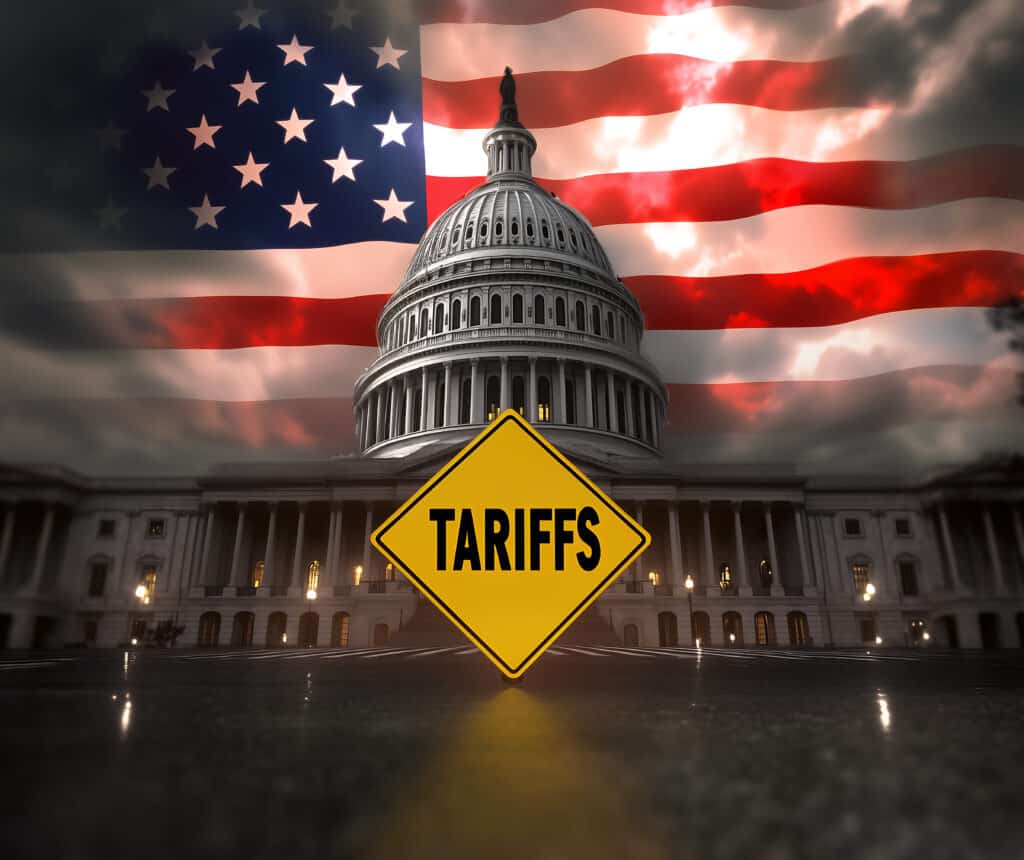
Key Takeaways:
- Arthur Hayes suggests that a devaluation of China’s yuan in response to U.S. tariffs could trigger capital flight into Bitcoin, reigniting a bull market.
- Historical patterns show Bitcoin surges often align with yuan devaluations, as Chinese investors seek to hedge against currency instability.
- Rising U.S.-China tensions and China’s vow to retaliate with economic countermeasures may drive renewed interest in decentralized assets like Bitcoin.
BitMEX founder Arthur Hayes believes China’s potential response to new U.S. tariffs could spark a surge in Bitcoin.
In an April 8 post, Hayes suggested that the People’s Bank of China (PBOC) may devalue the yuan, triggering capital flight into cryptocurrencies.
If not the Fed then the PBOC will give us the yachtzee ingredients.
— Arthur Hayes (@CryptoHayes) April 8, 2025
CNY deval = narrative that Chinese capital flight will flow into $BTC.
It worked in 2013 , 2015, and can work in 2025.
Ignore China at your own peril. pic.twitter.com/LAOeQZEjZt
He pointed to past instances — 2013, 2015, and potentially 2025 — where similar conditions led to increased Bitcoin investment.
Bybit CEO Ben Zhou echoed this view, noting that yuan devaluation historically correlates with capital inflows into BTC, often as a hedge against economic uncertainty.
Translation: US vs China Tariff war … China will try to lower RMB to counter the tariff, historically, whenever RMB drops, a lot of Chinese capital flow into BTC, bullish for BTC. https://t.co/OQ4wtSdDWQ
— Ben Zhou (@benbybit) April 8, 2025
The yuan has been weakening against the U.S. dollar since 2022, with sharp drops in 2015 and 2019 coinciding with notable Bitcoin rallies.
Analysts suggest that wealthy Chinese individuals often use crypto to bypass capital controls and protect wealth during times of economic stress.
Hayes argues that renewed tensions between the U.S. and China — particularly after the U.S. announced additional tariffs on April 7 — could prompt aggressive countermeasures from Beijing, including currency devaluation.
This may erode trust in centralized financial systems and boost interest in decentralized assets like Bitcoin.
Overall, Hayes believes China’s economic response, not just U.S. monetary policy, could be the next big catalyst for a crypto bull run.

